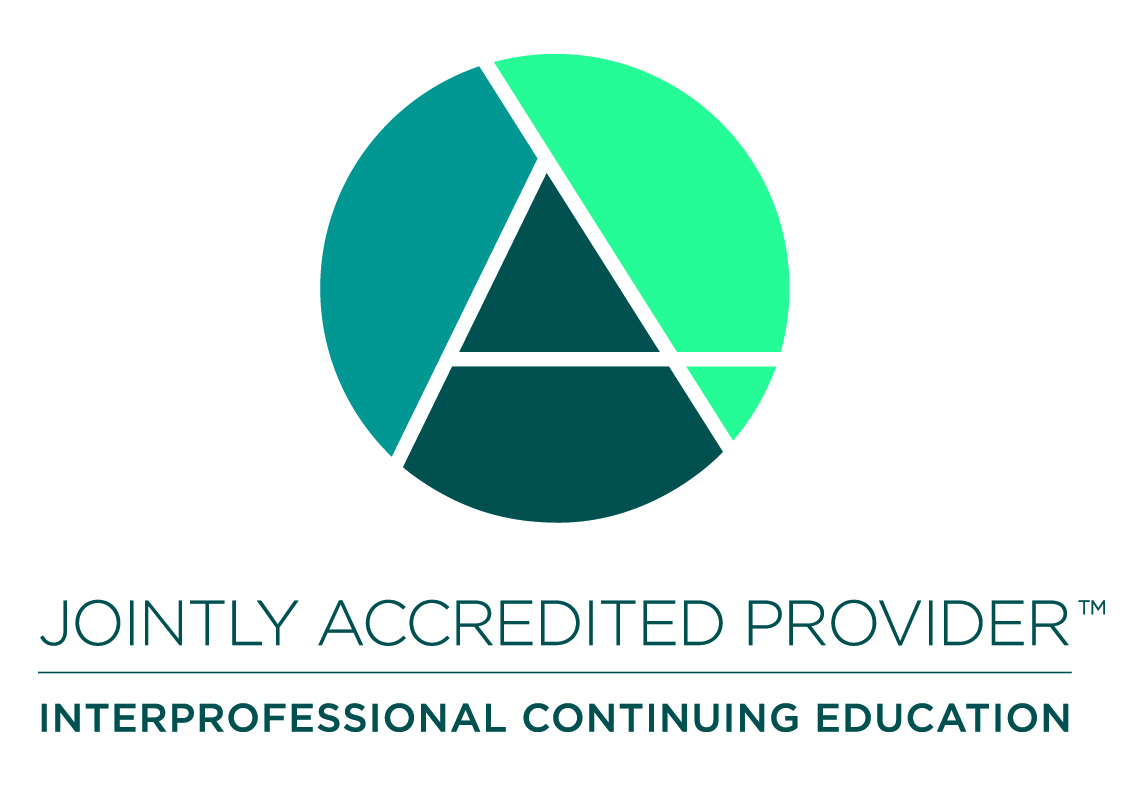Target Audience
This activity has been designed to meet the educational needs of physicians, physician associates, nurses, pharmacists, and nurse practitioners.
Learning Objectives
At the conclusion of this activity, the learner will be better able to:
- Outline the clinical parameters required to diagnose pulmonary hypertension.
- Explain the difference between primary and secondary causes of pulmonary hypertension.
- Review the management of secondary pulmonary hypertension.
- Describe how enhanced coordination of the interprofessional team can lead to more rapid detection of secondary pulmonary hypertension and subsequently enhance the detection of pathology and allow for treatment when indicated.
Disclosures
StatPearls, LLC requires everyone who influences the content of an educational activity to disclose relevant financial relationships with ineligible companies that have occurred within the past 24 months. Ineligible companies are organizations whose primary business is producing, marketing, selling, re-selling, or distributing healthcare products used by or on patients. All relevant conflict(s) of interest have been mitigated. Hover over contributor names for financial disclosures. Others involved in planning this educational activity have no relevant financial relationships to disclose.
Commercial Support: This activity has received NO commercial support.
- Authors: Parul Pahal
- Editors: Sandeep Sharma
- Editors-In-Chief: Mahadevappa K. HunasikattiVinod NookalaAshok Kumar Kanugula
Chief Medical Reviewer: Maria S. Horenstein - Nurse Reviewer: Sandra Coleman
- Pharmacy Reviewer: Mark V. Pellegrini
- Physician Reviewer: Maria S. Horenstein
Continuing Education Accreditation Information

In support of improving patient care, StatPearls, LLC is jointly accredited by the Accreditation Council for Continuing Medical Education (ACCME), the Accreditation Council for Pharmacy Education (ACPE), and the American Nurses Credentialing Center (ANCC) to provide continuing education for the healthcare team.
Physicians and Physician Associates: StatPearls, LLC designates this enduring material for a maximum of 1.00 AMA PRA Category 1 Credit(s)TM. Physicians and PAs should only claim credit commensurate with the extent of their participation in the activity.
American Board of Anesthesiology: This activity contributes to the CME component of the American Board of Anesthesiology’s redesigned Maintenance of Certification in AnesthesiologyTM (MOCA®) program, known as MOCA 2.0®. Please consult the ABA website, www.theABA.org, for a list of all MOCA 2.0 requirements.
American Board of Internal Medicine: Successful completion of this CME activity, which includes participation in the evaluation component, enables the participant to earn up to 1.00 MOC points in the American Board of Internal Medicine’s (ABIM) Maintenance of Certification (MOC) program. It is the CME activity provider’s responsibility to submit participant completion information to ACCME for the purpose of granting ABIM MOC credit.
American Board of Pathology: Successful completion of this Continuing Certification activity, which includes participation in the evaluation component, enables the participant to earn up to 1.00 Lifelong Learning (CME) credits in the American Board of Pathology’s Continuing Certification Program.
American Board of Pediatrics: Successful completion of this CME activity, which includes participation in the evaluation component, enables the learner to earn up to 1.00 MOC points in the American Board of Pediatrics’ (ABP) Maintenance of Certification (MOC) program. It is the CME activity provider’s responsibility to submit learner completion information to ACCME for the purpose of granting ABP MOC credit.
American Board of Surgery: Successful completion of this CME activity, which includes participation in the evaluation component, enables the learner to earn credit toward the CME and Self-Assessment requirement(s) of the American Board of Surgery’s Continuous Certification program. It is the CME activity provider's responsibility to submit learner completion information to ACCME for the purpose of granting ABS credit.
Royal College of Physicians and Surgeons of Canada: Through an agreement between the Accreditation Council for Continuing Medical Education and the Royal College of Physicians and Surgeons of Canada, medical practitioners participating in the Royal College MOC Program may record completion of accredited activities registered under the ACCME’s “CME in Support of MOC” program in Section 3 of the Royal College’s MOC Program.
Please consult your professional licensing board for information on the applicability and acceptance of continuing education credit for this activity.
Method of Participation and Credit
- Register for the activity.
- Review the target audience, learning objectives, and disclosure information.
- Study the educational content of the enduring material.
- Choose the best answer to each activity test question. To receive credit and a certificate, you must pass the test questions with a minimum score of 100%.
- Complete the post-activity assessment survey.
If you have concerns regarding the CE/CME system, please contact support@statpearls.com.
Disclaimer
This educational activity was planned and produced in accordance with the ACCME Standards for Integrity and Independence in Accredited Continuing Education. Faculty may discuss investigational products or off-label uses of products regulated by the FDA. Readers should verify all information before employing any therapies described in this educational activity.
The information provided for this activity is for continuing education purposes only and is not meant to substitute for the independent medical/clinical judgment of a healthcare provider relative to diagnostic and treatment options of a specific patient’s medical condition. The information presented does not necessarily reflect the views of StatPearls or any commercial supporters of educational activities on statpearls.com. StatPearls expressly disclaims responsibility for any adverse consequences resulting directly or indirectly from information in the course, for undetected error, or through a participant's misunderstanding of the content.
Unapproved Uses of Drugs/Devices: In accordance with FDA requirements, the audience is advised that information presented in this continuing education activity may contain references to unlabeled or unapproved uses of drugs or devices. Please refer to the FDA-approved package insert for each drug/device for full prescribing/utilization information.
Cancellation Policy: Please see the cancellation policy. StatPearls, LLC reserves the right to cancel any course due to unforeseen circumstances.

